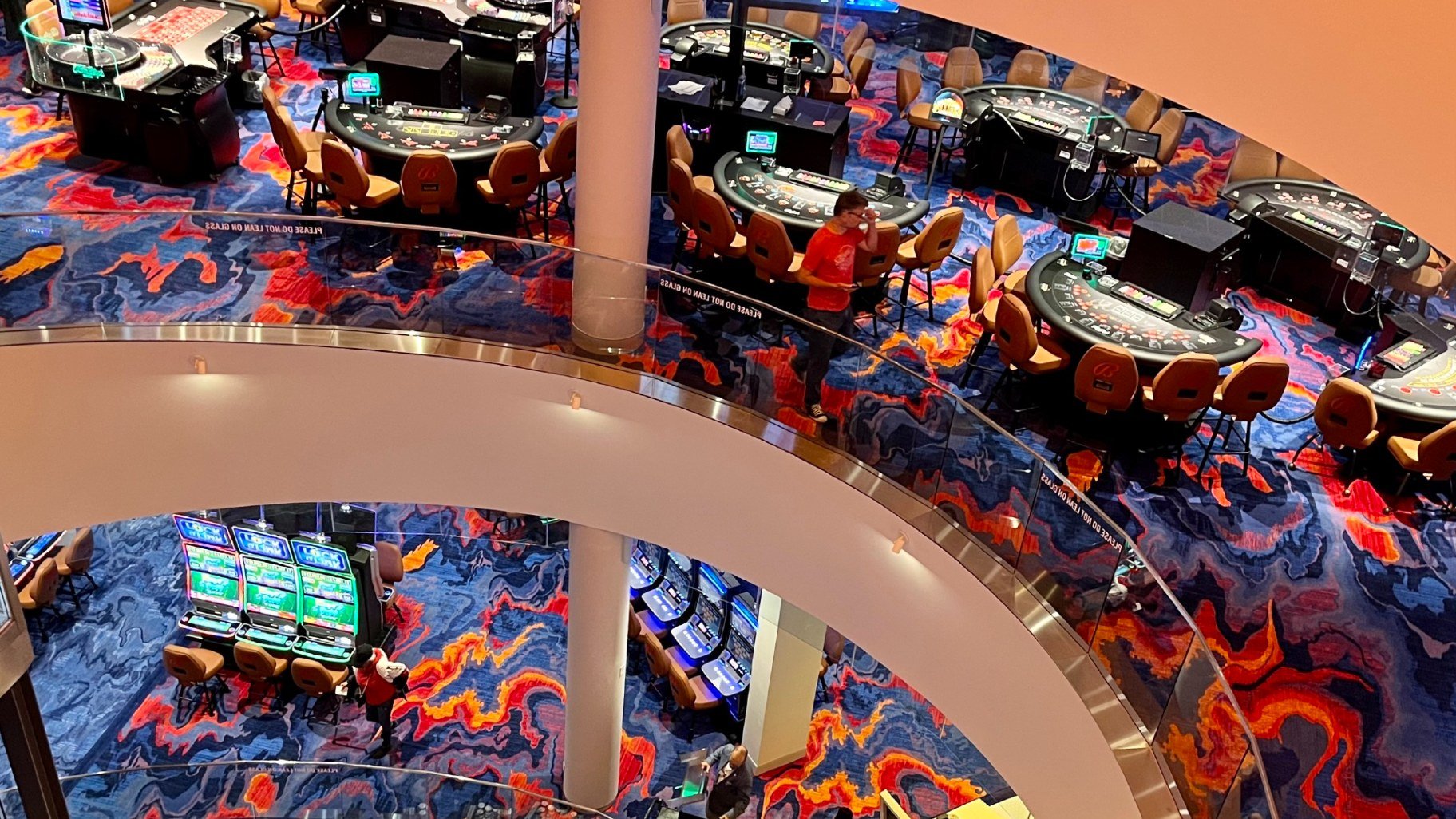
Gambling has been an integral part of human recreation for millions of years, developing through cultures and periods to become the exciting casino activities we know today. From the historical Chinese and Romans, who participated in different forms of betting and chance, to the sophisticated gaming floors of contemporary casinos, the appeal of gamble and winning has captivated individuals across the globe. The transition from simple dice games and rudimentary betting setups to the opulent environments of modern casinos reflects considerable strides in both cultural standards and technological advancements.
As cultures evolved, so too did the complexity of gambling activities, with casino games emerging as a unique category of entertainment and excitement. These activities have changed from informal gatherings centered around wooden tables to grand, lavish establishments designed to lure players. Today, we investigate this intriguing journey, analyzing how historical practices laid the groundwork for the diverse and exciting casino games that bring joy to countless people worldwide.
spintax
Historical Betting Traditions
Gambling has significant roots in human history, with evidence of activities of chance originating from ancient civilizations. Archaeologists have uncovered that as far back as 3000 BC, the ancient Chinese were using basic forms of gambling with dice made from wood. Similarly, ancient Mesopotamians engaged in betting activities, often relying on the tossing of lots or dice to determine outcomes. These early forms of gambling served not only as entertainment but also played important roles in social and cultural customs.
The people of Egypt also took part in betting activities, with games that included betting on the results of various events, including sports and religious festivals. Artifacts such as dice and depictions of players from ancient tombs demonstrate that gambling was a frequent pastime. It provided both relaxation and a means of engaging in social connections, often linked to joyful occasions or major gatherings. This activity showed the universal appeal of chance and competition throughout history.
In ancient Rome, wagering became a commonplace practice among the populace, as evidenced by references in literature and the establishment of rules around certain games. Romans enjoyed a variety of gambling activities, from wagering on chariot races to playing games similar to modern-day board games. The legal framework surrounding these activities began to take shape, establishing the foundations for betting regulations that would develop in the centuries to come. The fame of betting during this period set the stage for the development of gambling house games in the future.
The Progression of Casino Games
Casino games have undergone notable transformations from their origins to the contemporary entertainment offerings. In early civilizations, gaming was often linked to ceremonial practices, with games of dice found in the ancient Mesopotamian region and betting on the outcomes of events in old Rome. These initial forms of gambling laid the groundwork for the structured games we see today. The transition from informal gambling to organized games took place as societies began establishing rules and venues for wagering, demonstrating cultural values and practices. casino no verification UK
The Middle Ages saw the rise of card games, which gained fame among European nobility. Games like the first and the game baccarat became mainstays in social gatherings. The development of printing technology also enabled the spread of playing cards, making them more reachable to the general public. As gambling houses began to multiply, these card games developed into variations that catered to wider audiences, eventually leading to the creation of casinos as exclusive venues for gaming.
The 20th century marked a pivotal point in the progression of casino games, with the rise of commercial casinos in Vegas and other gambling hotspots. This era introduced games like slot machines and modern adaptations of table games, complete with advanced graphics and complex betting structures. The advent of online casinos in the 1990s additionally transformed the gaming industry, allowing players to access a great variety of casino games from the safety of their homes. Today, gambling games go on to develop, blending traditional elements with advanced technology to create engaging experiences for players around the globe.
Modern Gaming Laws
In these years, the area of gaming regulations has developed considerably, notably as tech advances and internet-based gambling have become increasingly prevalent. Governments around the planet have implemented numerous laws and guidelines to ensure that gaming activities are conducted equally, with responsibility, and transparently. These laws often cover aspects such as licensing, marketing, gambler safeguards, and sensible gambling measures. Authorities aim to reduce issues such as problem gambling and fraudulent activities while supporting a equitable gambling environment.
The growth of internet casinos has necessitated a different approach to oversight. Many legal areas have created dedicated online gambling structures that serve online gaming, allowing operators to offer their services legally. These frameworks often demand operators to obtain permits, follow strict safety protocols, and offer customer support options to assist players. By vigilantly supervising internet activities, regulators can better protect consumers from potential harm and ensure that gaming is conducted in a secure manner.
Furthermore, modern gambling laws are progressively focusing on responsible gambling strategies. Many casinos and online platforms now implement features such as player exclusion, financial limits, and time-outs to help players manage their gaming habits. Awareness campaigns aimed at raising awareness about the risks of gaming are also widespread. As the industry continues to grow, the focus on responsible gaming remains a cornerstone of governing efforts, reflecting a dedication to promoting a secure and enjoyable gambling experience for all gamblers.
